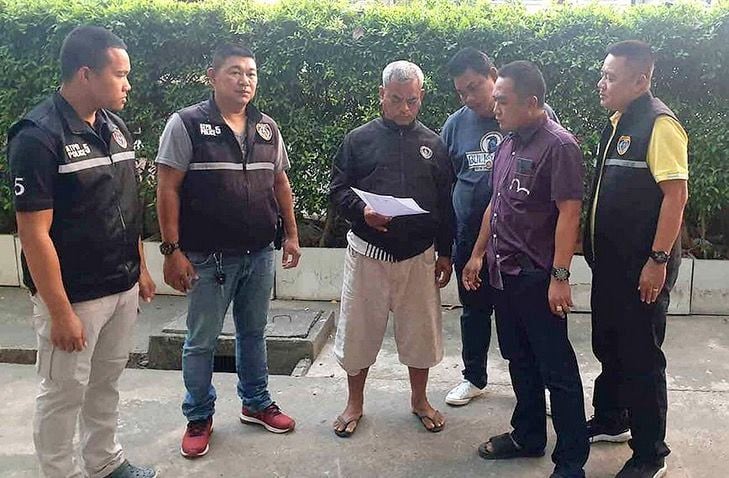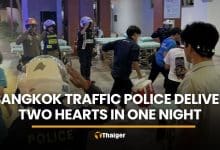Thai police scrutinised over record number of dismissed human trafficking cases

Thailand is home to about 610,000 modern-day slaves, or about one in 113 of its population of 69 million, according to the Global Slavery Index by the Walk Free Foundation. Yet Thai prosecutors turned down nearly a fifth of human trafficking cases sent to them by police last year. This has raised concerns that police were on a drive to push the number of cases, some of them ‘tenuous’, up to enhance Thailand’s global image.
A 79 page report to be released soon, drafted to inform an annual US report ranking countries on their efforts to combat trafficking, shows Thailand’s public prosecutors rejected 64 of 364 cases in 2019.
Thailand has been criticised in recent years for human trafficking in its lucrative textile and seafood sectors, as well as its sex trade. The country handed down just 194 trafficking convictions last year, down 17% from a peak in 2018.
Prosecutors say police have been told to increase trafficking arrests amid concerns about the dwindling number, and most of the cases dismissed last year involved smuggled migrants who were misidentified as trafficking victims.
“In practice, most police know that the cases involve smuggling, but they receive orders to treat them as human trafficking offences. This is perhaps due to the lack of clear understanding of the differences between trafficking and smuggling of migrants.”
Trafficking involves deception or control over another person for purposes of exploitation, while smuggling simply means entering another country illegally and is considered consensual.
The percentage of dismissed trafficking cases hit a record 18% last year, up from 10% in 2018 and 4% in 2017. The 64 rejected cases were instead prosecuted under smuggling and transnational crime laws, according to the report.
Thailand’s top anti-trafficking officer, Jaruvat Vaisaya, says police are responding to a growing number of people being transported to Malaysia.
Lawyers and campaigners say the conflation of smuggling and trafficking means some resources for trafficking victims are spent on migrants who have not actually been exploited. One prosecutor source said he had heard of police officers being “ordered” to find more trafficking victims.
“This clearly shows that the government wants the highest number of cases to show that many arrests have been made,” says Adisorn Kerdmongkol, a coordinator at the Migrant Working Group. Human trafficking is a political issue in Thailand.”
Thailand’s anti-trafficking department, part of the social ministry, declined to comment on the report, which is due to be sent to U.S. officials by the end of the month.
Thailand rescued a record 1,807 trafficking victims last year, up from 622 a year earlier, the government said this month. Most were Burmese migrants bound for Malaysia and activists have questioned whether many were in fact smuggled, not trafficked.
Vaisaya said it was certain that people headed to Malaysia would be trafficked once they crossed the border.
“Regardless of whether it’s human trafficking or not, what we want is for the offenders to be in jail.”
Public prosecutor Pravit Roykaew says Thai authorities often rush to make decisions within 24 hours about whether someone is a victim of human trafficking.
“Authorities are confused with the trafficking law. It does not provide a specific timeframe for identifying victims. This results in not getting all the facts, which may cause misidentification.”
“If it’s one or two cases, it’s acceptable,’ says one independent lawyer, “but if you have over 60 cases dismissed, it means you just weren’t careful enough. Having a high number of cases doesn’t mean that Thailand is successful in solving human trafficking.”
SOURCE: Reuters
Latest Thailand News
Follow The Thaiger on Google News:


























